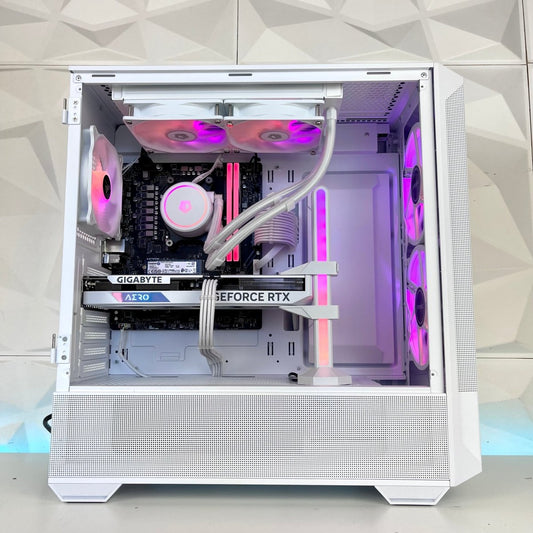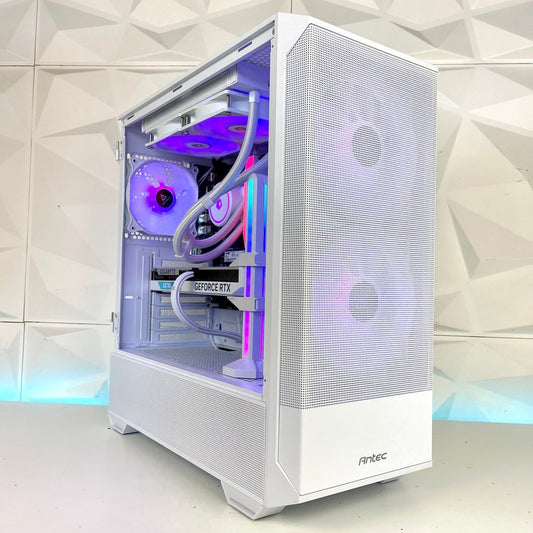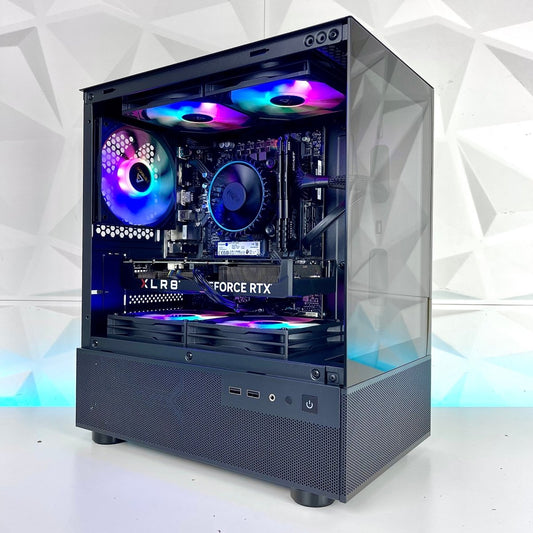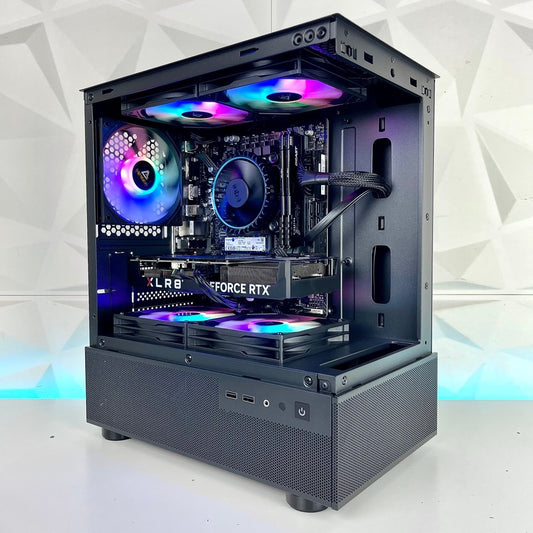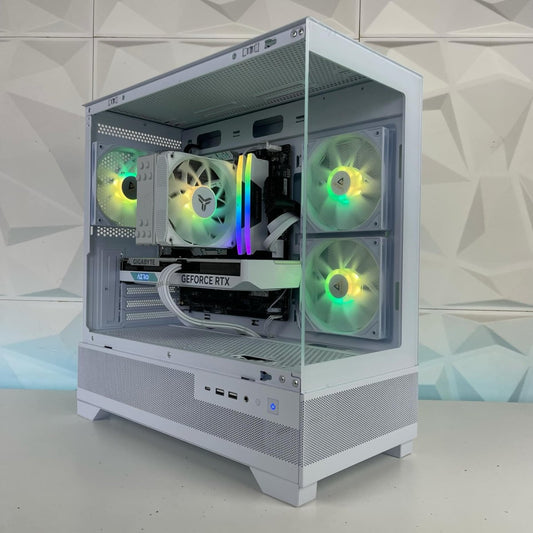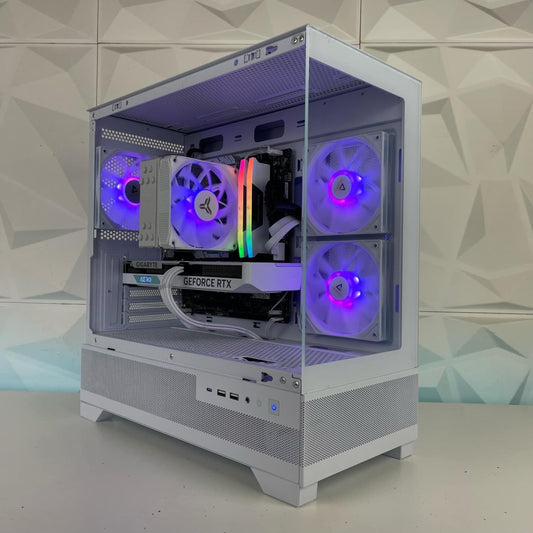Computer Components: A Comprehensive Guide to Their Functions
Gaming Computer Components: A Comprehensive Guide to Building Your Dream Machine
Introduction
Welcome to I Gaming Computer store blog, where we delve into the fascinating world of gaming computer components! If you're an avid gamer with a passion for customizing your gaming rig, you've come to the right place. In this comprehensive guide, we'll walk you through the essential components needed to build your dream gaming machine. From processors to graphics cards, memory to storage solutions, we'll explore each component's importance, features, and considerations to help you make informed decisions and achieve unparalleled gaming performance.
Whether you're a seasoned builder or a newcomer to the world of gaming PCs, understanding the various components and their roles is crucial to creating a powerhouse rig tailored to your gaming needs. So, let's embark on this exciting journey together as we unlock the secrets behind the components that make up the backbone of your gaming setup.
Computer Components
- Processor (CPU): The processor serves as the brain of your computer, executing instructions and performing calculations. It determines the speed and power of your system, impacting overall performance.
- Graphics Card (GPU): Responsible for rendering images and videos, the graphics card plays a vital role in gaming, 3D modeling, and video editing. It enhances visual quality, frame rates, and overall graphical performance.
- Memory (RAM): Random Access Memory (RAM) temporarily stores data that your computer actively uses. It affects multitasking capabilities, allowing you to run multiple applications smoothly and efficiently.
- Storage Drives:
- a) Hard Disk Drive (HDD): Offers larger storage capacities at an affordable price, suitable for storing files, documents, and non-demanding applications.
- b) Solid-State Drive (SSD): Provides faster data access, quick boot times, and reduced loading times for applications. Ideal for operating systems and frequently used programs.
- c) NVMe M.2 SSD: A type of solid-state drive that utilizes the NVMe offering even faster data transfer speeds and improved performance compared to traditional SSDs. NVMe M.2 SSDs are compact, fit directly onto the motherboard, and are commonly used for operating systems, applications, and high-performance workloads.
- Motherboard: The motherboard serves as the main circuit board, connecting and facilitating communication between various components. It determines the compatibility and expandability of your system.
- Power Supply Unit (PSU): The power supply unit delivers electricity to all components in your computer. It ensures stable and reliable power distribution, essential for optimal performance and system safety.
- Cooling Systems:
- CPU Cooler: Manages the temperature of the processor to prevent overheating and maintain peak performance.
- Case Fans: Promote airflow within the computer case, dissipating heat generated by components and ensuring a cool operating environment.
- Computer Case: The computer case houses and protects your components while providing a platform for system assembly. It comes in various sizes, designs, and features, catering to different needs and preferences.
By familiarizing yourself with the functions of essential computer components, you can make informed decisions when building or upgrading your system. Each component plays a crucial role in determining the performance and capabilities of your computer. Whether you're a beginner or an experienced user, understanding these components will empower you to create a computer that meets your specific needs. Stay tuned for more in-depth articles on each component, helping you unlock the full potential of your computing journey!




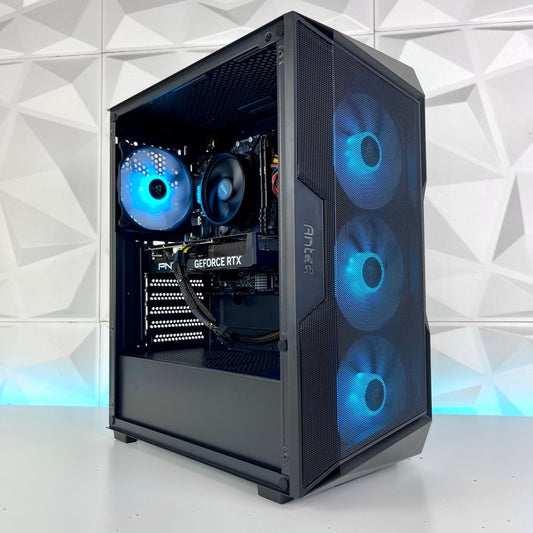
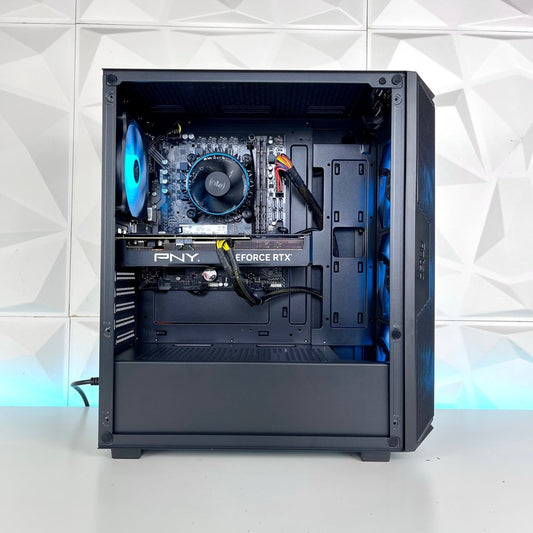
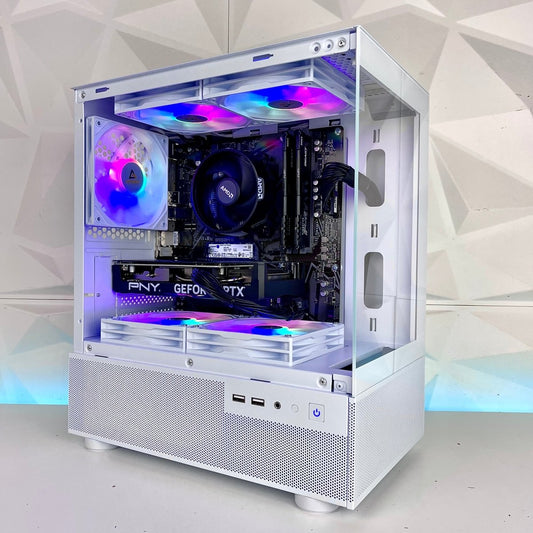
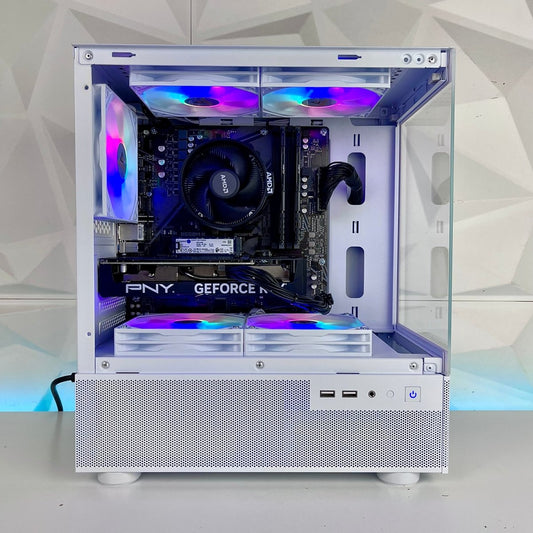
![[BIG SALE!] IGaming Intel Core i5/i7 | RTX 4060-4070 Ti | 32GB DDR5 AX61 Elite - I Gaming Computer | Australia Wide Shipping | Buy now, Pay Later with Afterpay, Klarna, Zip, Latitude & Paypal](http://igamingcomputer.com.au/cdn/shop/products/IMG_E7463_ca844690-2a85-4382-821c-ef9e1dd68d31-633823_533x.jpg?v=1695314890)
![[BIG SALE!] IGaming Intel Core i5/i7 | RTX 4060-4070 Ti | 32GB DDR5 AX61 Elite - I Gaming Computer | Australia Wide Shipping | Buy now, Pay Later with Afterpay, Klarna, Zip, Latitude & Paypal](http://igamingcomputer.com.au/cdn/shop/products/IMG_E7460_fd7e1823-83bc-4649-85f4-ca44c7b3c75d-208978_533x.jpg?v=1695314890)
